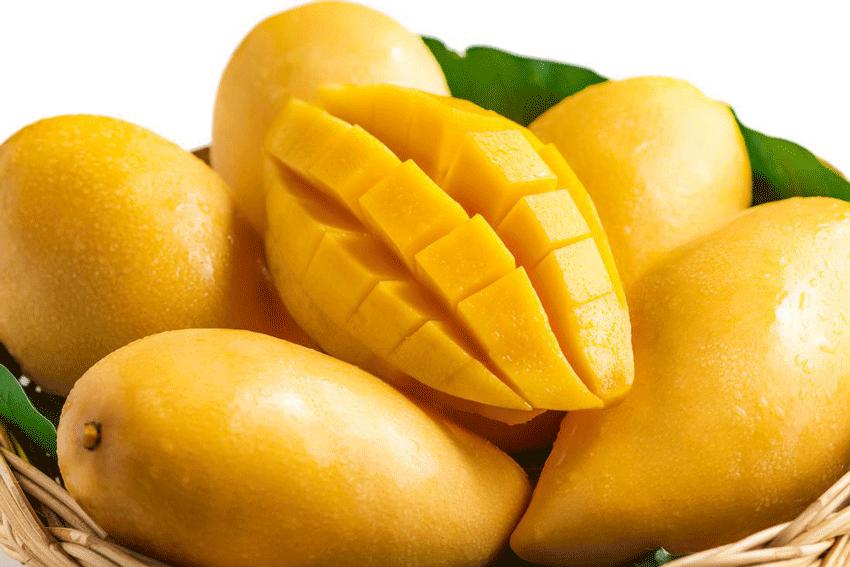Reply To:
Name - Reply Comment

 Most of us are delighted when it’s mango season; especially when they are perfectly ripe! However, many of us tend to stay away from it thinking it causes acne, weight gain and is a high caloric food. So, let’s clear out some doubt around this delicious fruit!
Most of us are delighted when it’s mango season; especially when they are perfectly ripe! However, many of us tend to stay away from it thinking it causes acne, weight gain and is a high caloric food. So, let’s clear out some doubt around this delicious fruit!
Mangoes are fatty and make you gain weight.
FALSE. They do not contain even one gram of fat. While it is high in fruit sugars, it does not mean that it is calorie dense. Just like rice cakes or black rice this too will contribute calories to your diet and will not make a difference. Only when you juice the mango, does it release the sugars, and the fibres are broken down. However, you do need to be careful of drinks or foods made with mango products, which could promote weight gain.
Mangoes aren’t nourishing enough.
 FALSE. Mangoes are full of nutrients. They are a good source of Vitamin A, C, B, Potassium and Fibre. So, enjoy your mango just like any other fruit!
FALSE. Mangoes are full of nutrients. They are a good source of Vitamin A, C, B, Potassium and Fibre. So, enjoy your mango just like any other fruit!
Diabetics cannot eat mango.
FALSE. Of course, they can. Mango has a low glycemic index (51) and it is high in nutrients, which help regulate blood sugar levels.
Mangoes cause acne.
FALSE. Mango is rich in caretone which contributes to better skin. They are also packed with vitamins, minerals and antioxidants which are actually really good for skin health. Unless, you eat way more mangoes than you should, acne breakouts shouldn’t occur.
Mango is a “heaty” fruit.
TRUE. Mango isn’t cooling but to prevent this, soak a mango in water for thirty minutes to remove the phytic acid which causes your body to warm up. However, if the problem still persists consume less of them.
Next time, do not fear to add mangoes to your diet. They are nutritionally dense, tasty, and a fruit easily available in Sri Lanka. It’s all about the quantity and remember ONLY when you have the mango in the form of a smoothie, juice, ice cream or puree, do you need to be cautious about it.